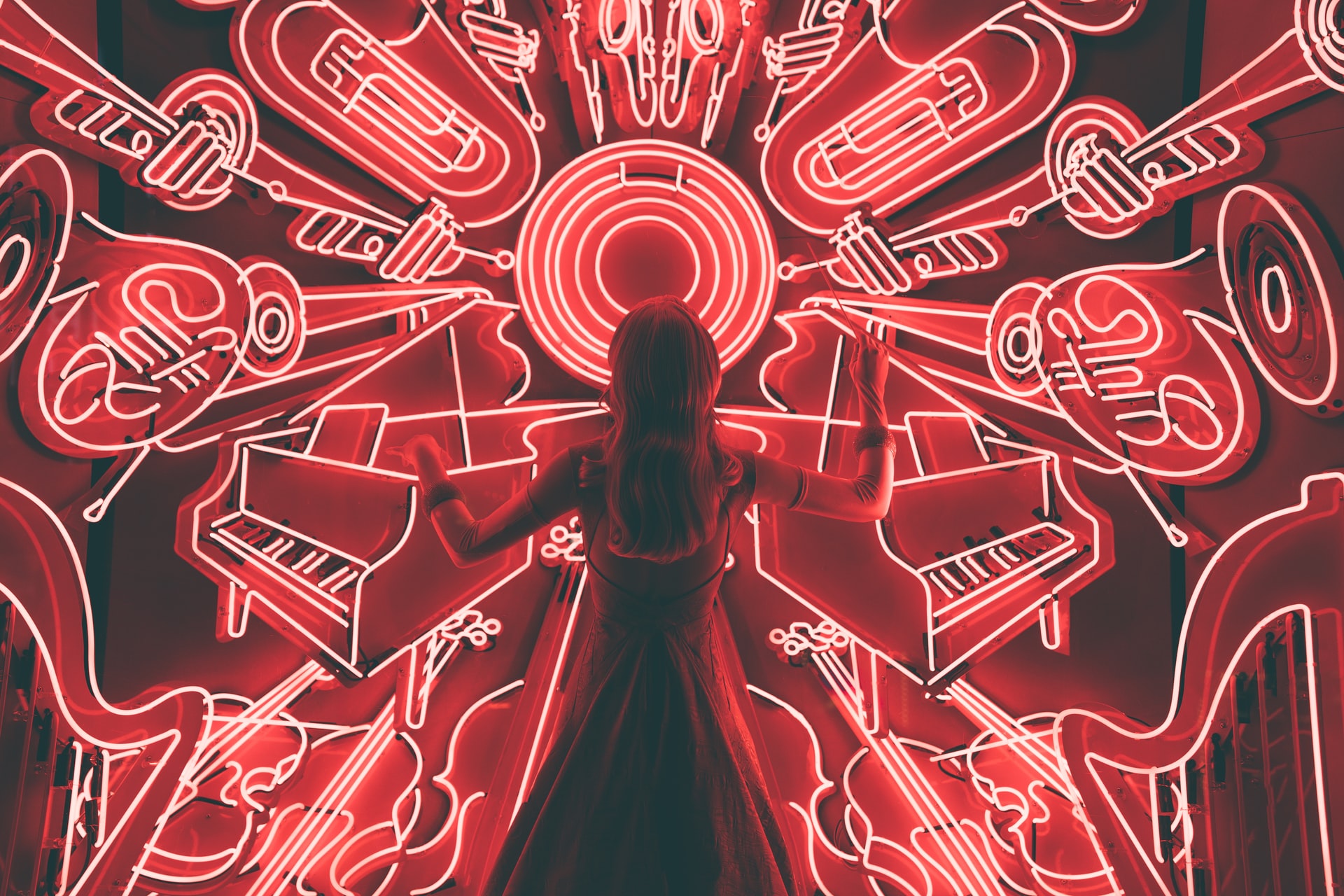Focus Music: What it is and Why it Works
Share
Reading Time: 6 minutes
Though this past year seems that it was sent to us as a gift from hell, one benefit that COVID and lockdown brought forth was a recognition and agreement that the archetypal ‘office space’ is a sure thing of the past.
Tech has developed in a way that proves we don’t need to be in the same room, let alone the same building as our team, in order to be productive and inspired. Part of the reason we’re able to work so efficiently from “home” is also because there is a level of trust managers are forced to have with their teams. Gone are the days of micromanaging our minutes; we’ve been put in a situation where we have to perform for our paycheck. But human beings are savvy. They’re innovative and they’re quick. We’re innate problem-solvers. We’ve weened out the unnecessary ‘work bull-shit’ if you will, ie; ten-minute catch-up meetings snuck onto the calendar when something could have been solved with an email, once-a-week town halls have been changed to every other week, hopping on the phone to talk something out instead of sending misread emails throughout the day. Most jobs can be done from an out-of-office location. Working from “home” had to go into effect by law because of quarantine, but we also had to take into consideration people who flew back to their homes and were on different time-zones. Because of this new norm, it’s cleared some space for travel working. We’ve already proven we can get the job done outside of the office, so what’s the difference if we’re home or we rented a house outside the city for a couple of weeks?









